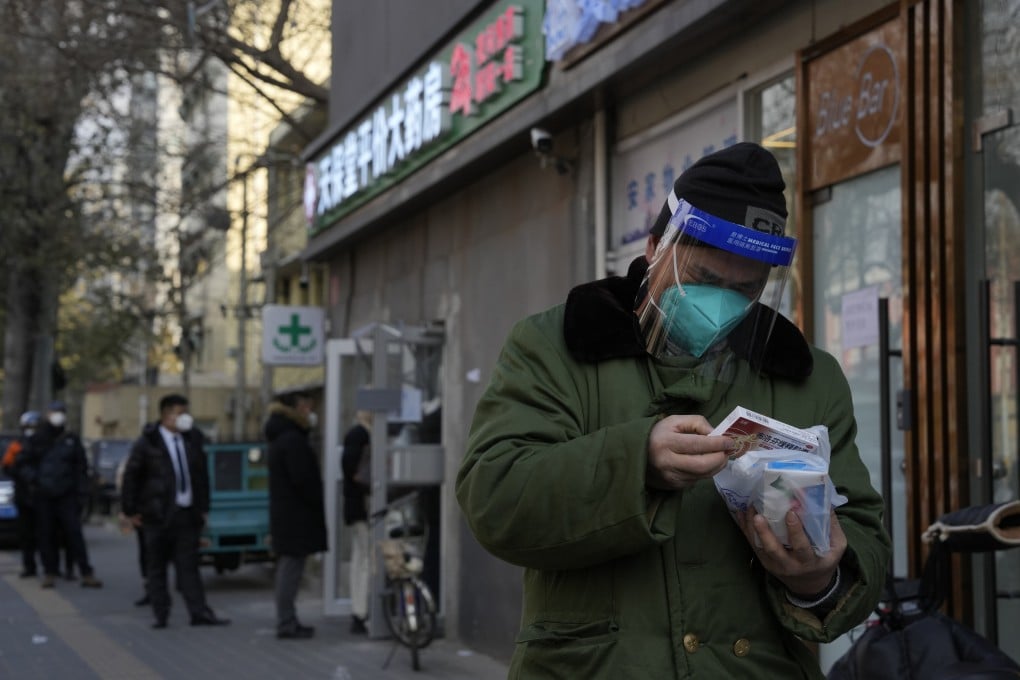My Take | Zero-Covid’s end brings a difficult transition to living with the virus
- The policy gave mainland China time to prepare for an end of restrictions. We are about to find out how prepared it is

China’s zero-Covid policy, with its intensive testing, tracing, travel curbs and lockdowns, has cast a dark shadow over Hong Kong during the pandemic.
Faith in the strategy was required, as if it were a religion. Zero-Covid, it seemed, would be pursued indefinitely, and at whatever cost. It was hailed as evidence of China’s superior approach. The rest of the world, having lifted restrictions, was condemned for “lying flat”.
After all that, it is difficult to grasp that zero-Covid has been abandoned. The move is long overdue. It has been greeted with relief in Hong Kong. One mainland commentator on social media spoke for many when he said: “It’s finally over.”
Now, Beijing faces “a new situation and new tasks”. Last week, a 10-point plan dramatically rolled back measures underpinning the “dynamic zero-Covid” approach. Most people who test positive can now isolate at home, instead of in centres. Mandatory testing has been greatly reduced and access to public places increased.
There has been no official declaration the zero-Covid policy has been dropped. But it has disappeared from official pronouncements. Covid-19 is, at last, being accurately presented as a disease which now causes mild or no symptoms in most cases.
These moves follow protests among mainland residents frustrated by three years of strict measures and growing concerns about the impact of the strategy on China’s economy.

